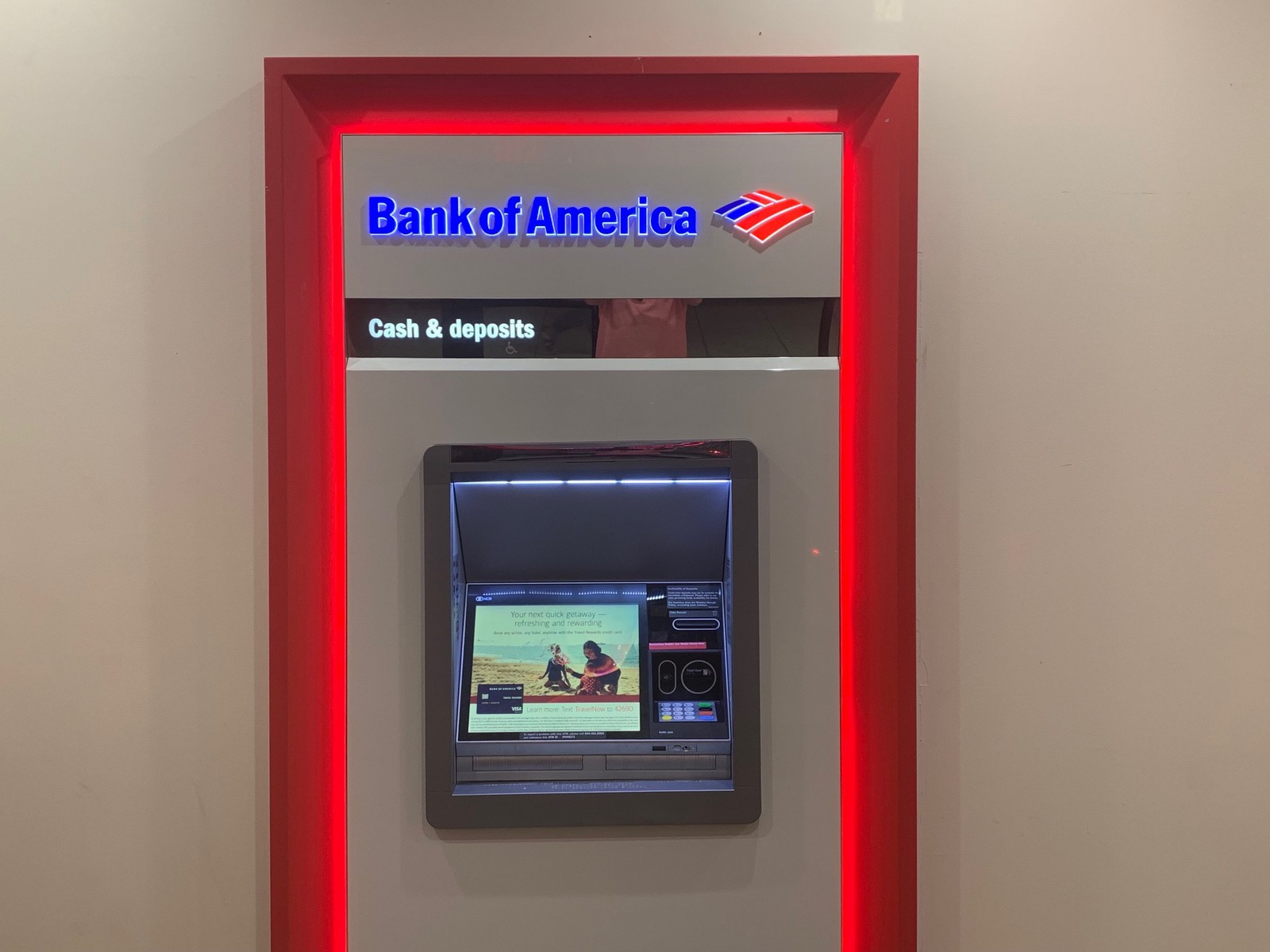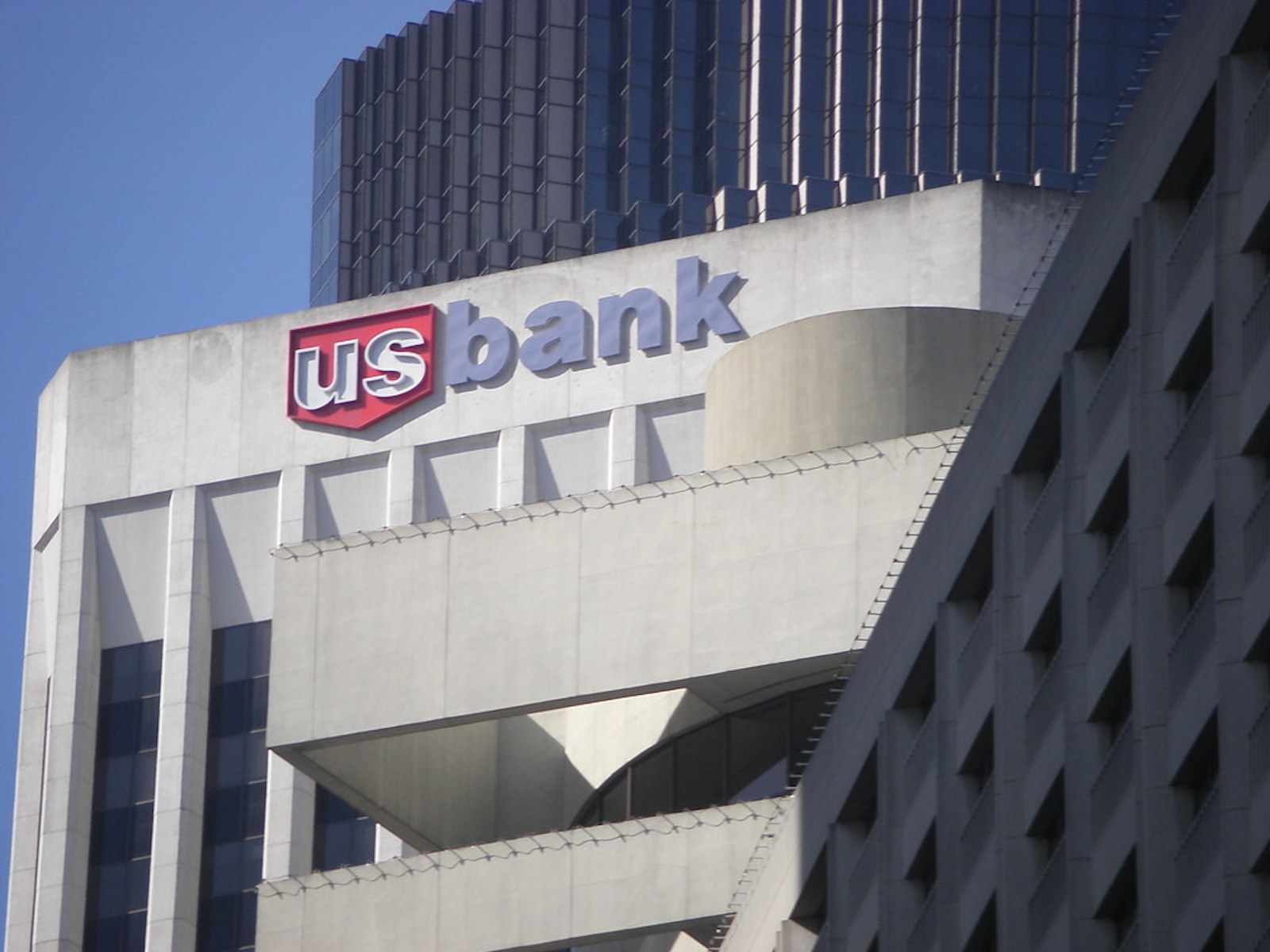Credit Card Weaknesses – Each Bank’s Biggest from This Travel Hacker
Points and miles fans complain a lot. So do those of us who write about the topic – thank you to all the commenters who remind us! I’s quite silly that any of us complain about this stuff – points, cash, tangible items – which we easily obtain for free. This relative pettiness shouldn’t discount any one complaint’s validity, though. And in that spirit, I turn my eyes toward the banks issuing our favorite points- and miles-earning credit cards. Today, I’m sharing what I think is each bank’s biggest weakness from a travel hacking perspective. On the real world scale of concerns or problems, these are laughable. Nonetheless, I’m a points and miles dork who faults the banks for their below credit card weaknesses (in random order). Maybe some of you can relate.
Citi – Limited Partners (Transfers and Products)
I enjoy Citi’s eclectic mix of transfer partners. Some blindly adore a Citi partner despite what the partner puts them through, such as Ian with Turkish Airlines. As time passes and ThankYou point redemption options disappear or devalue, Citi’s biggest weakness becomes more clear. They have limited domestic transfer partners. Citi has exactly one domestic transfer partner – JetBlue. No, I don’t count Shop Your Way, since it’s not a significant travel partner.
Elsewhere, hobbyists have more direct transfer options to (relatively) user-friendly domestic programs via Amex Membership Rewards and Chase Ultimate Rewards. Chase has United, JetBlue, Southwest, Hyatt, and Marriott. Amex houses Delta, Hawaiian, JetBlue, Marriott, Hilton, and Choice Hotels. Of course, skilled hobbyists can traverse their way via international partners to obtain domestic rewards, but Citi’s glaring weakness cannot be denied.
To compound this partner issue, Citi predominantly issues one type of co-branded card useful for hobbyists – American Airlines cards. Sorry, secondary cards like the Costco and Expedia cards don’t do much to help here. I even miss the days of the Citi Hilton Reserve card. Citi, please spruce up your domestic partners a bit!

Chase – No Permanent Grocery Bonus Category
Chase’s big weakness has been a long-lingering – if not showstopping – one for me, and I know this one bothers Mark plenty, also. Despite Chase’s recent efforts to juice some of their cards – the Flex and the Freedom Unlimited immediately come to mind – the grocery category continues to be a huge problem for us. Chase doesn’t have a permanent grocery bonus category of note on any of their bank point-earning cards, unlike Citi and Amex. Sure, they sort of address this with their bonus grocery earning on certain cards for extended, but temporary, periods. Indeed, my Reserve ends earning 3x at grocery this month. Hobbyists do not have permanent peace of mind with Chase in this regard. As a result, many of us look beyond Chase for significant supermarket spending.
Sure, many will cite Chase’s 5/24 rule as the bank’s biggest weakness. Not for me, though, because I quit caring about that years ago. Maybe you should, too!
Amex – Ten Card Limit
Okay, this is the first one that I consider a “good” problem. An Amex cardholder is limited to ten total accounts from the following products: Platinum, Gold, Green, and Plum. If someone runs into this limit, at least the person got huge rewards out of those ten cards. When this limit was first unveiled by Amex, I laughed. I was so far off from ten of these cards, this didn’t seem like a limit. But how times have changed! Thanks to Amex’s great card offerings and approvals, I’m surprisingly close to this limit. This being my biggest bone to pick with Amex speaks volumes. The fact that I’m complaining because I’m close to hitting ten of these Amex cards is comical.
Many may consider Amex’s once per lifetime rule, pop-up unpredictability, and RAT paranoia as huge concerns. In my experience, those issues are easily mitigated and therefore nowhere on my radar.

Bank of America – Card Application Rules
BOA was dead to me for a while. Honestly, I was dead to them, too, since they closed my previous Amtrak card for inactivity. But in 2020, I found myself with a second BOA life. I fortuitously fell under their card application rules. Consequently, I’ve been very active and successful with BOA in the three months or so, picking up three new cards. However, to obtain that haul, I had to decelerate my planned application activity with other banks for the last few months. And I had to tweak my BOA strategy based on their changing welcome offers while not wanting to further delay my application activity with other banks. I was ultimately able to thread that needle, but BOA’s rules made it more convoluted than it needed to be.
A Common Credit Card Weakness for Barclays, Wells Fargo, and Capital One – Getting Approved
The main weakness for these three banks is a common, undeniable one. Approvals are increasingly tough and seemingly impossible, at least for me. Most of the declined applications have been related to my aggressive hobby activity. On the whole, my strategies have led to superior rewards, so I’m at peace without getting cards from these banks in the foreseeable future. Regardless, the collective intransigence from these banks has grown annoying.

US Bank – Customer Service
Full disclosure – US Bank closed all of our credit card accounts over a year ago. Regardless, my issue with US Bank rings true. The consistent incompetence and ignorance of US Bank phone representatives seems to have no limits. On multiple occasions, I had to educate US Bank employees on features of their own card products. Wait times were ridiculously long most of the time (and this was Pre-COVID). Even worse, I was repeatedly disconnected in the midst of some of those extended wait times.
Again, I found US Bank employees’ apparent lack of knowledge and departure from reality amazing. On one occasion, I referred to an existing elevated offer on a US Bank card (including the live US Bank website address noting the offer). The phone representative simply said the offer did not exist, and the rep was unable to accept whatever proof I could provide. Thinking back on these frustrations, I don’t mind that much being shut down by US Bank.
Discover – Two Card Limit
Discover only allows a given customer to hold two credit card accounts at any one given time, and the cardholder must hold one card for at least a year before getting the second. Sure, Discover doesn’t have a wide array of cards available, but customers are substantially limited by these wrinkles. Also factoring in that Discover is remarkably stingy with credit limits, it can be challenging for hobbyists to accrue substantial rewards. I’m a fan of the Discover it Miles card, but my Discover loyalty can go only so far with one product I like and their stringent limits.
Credit Card Weaknesses – Conclusion
To be clear, these are the biggest credit card weaknesses of the banks from my perspective. Other hobbyists will invariably have different views based on their own experiences and situations. Of course, many of the above won’t even register for those who play a simpler points and miles game. Obviously, the banks themselves probably don’t care, either, because they generally benefit from what I perceive to be their weaknesses. What are the biggest weaknesses of particular banks in your opinion?




[…] I think I am in agreement on most of these points: This is each bank’s biggest weakness from a travel hacking perspective. […]
I understand the biased towards Amex, I often feel thr exact same bias. HOWEVER, the reason they’re able to offer those wonderful category multipliers is because they have the MOST EXPENSIVE setup out of the 3 majors.
A true travel hacker and work the heck out of ThankYou points if they put in a little effort. There’s no denying the wonderful transfer partners that Amex has…but all of that comes at a very high price by way of annual fees topping at $595 for thr extremely overrated Biz Plat.
I like Amex as well but let’s me honest, they have their downsides as well…just not as many and big as quirky as the others.
2808 Heavy,
I agree with your overall take. Amex’s stout annual fees aren’t to be taken lightly, but I’ve found their lucrative rewards to be worth the cost in my situation. I, too, enjoy increasingly steady ThankYou points plays. Thanks for reading!
Many of the cards are weak to me because they don’t credit walmart spend as “grocery” when it is the only grocery store for me in a rural area.
DaninMCI,
Yeah, that’s a tough one for people in your situation!
Agreed! Additional card bonuses like Door Dash, Uber Eats or Chase dining (2 options within 20 miles for me and both stink!) add little to no value to those of us who live rurally.